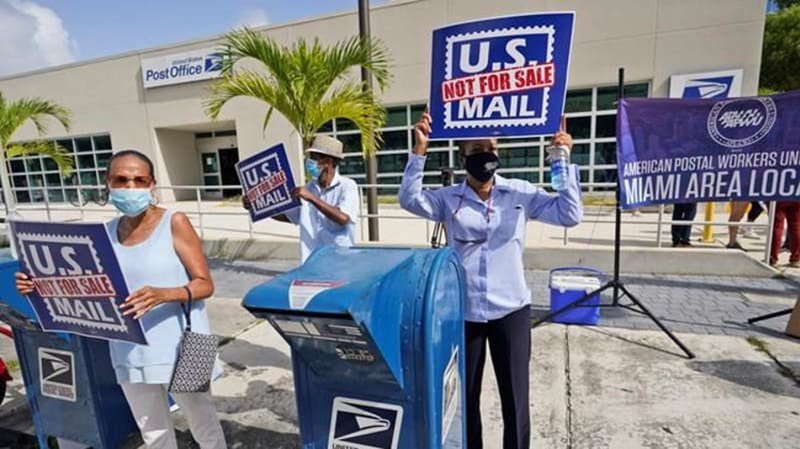
US officials: No signs of foreign targeting of mail-in vote
WASHINGTON — U.S. officials said Wednesday there has been no intelligence to suggest that foreign countries are working to undermine mail-in voting and no signs of any co-ordinated effort to commit widespread fraud through the vote-by-mail process, despite numerous claims made by President Donald Trump in recent months.
The officials at multiple federal agencies stopped short of directly contradicting Trump, but their comments made it clear they had not seen evidence to support the president’s statements that voter fraud will be rampant in the upcoming election and that the expected surge in mail-in ballots due to the coronavirus pandemic leaves November’s presidential election especially vulnerable to foreign interference.
Trump, for instance, tweeted July 30 that mail-in voting was proving to be a “catastrophic disaster” and added: “The Dems talk of foreign influence in voting, but they know that Mail-In Voting is an easy way for foreign countries to enter the race. Even beyond that, there’s no accurate count!”
But a senior official with the Office of the Director of National Intelligence, asked on a conference call with reporters Wednesday about the threat of foreign countries manufacturing their own ballots or amplifying disinformation about the integrity of the vote-by-mail process, said there was no information or intelligence that any adversary was “engaged in any kind of activity to undermine any part of the mail-in vote.”
